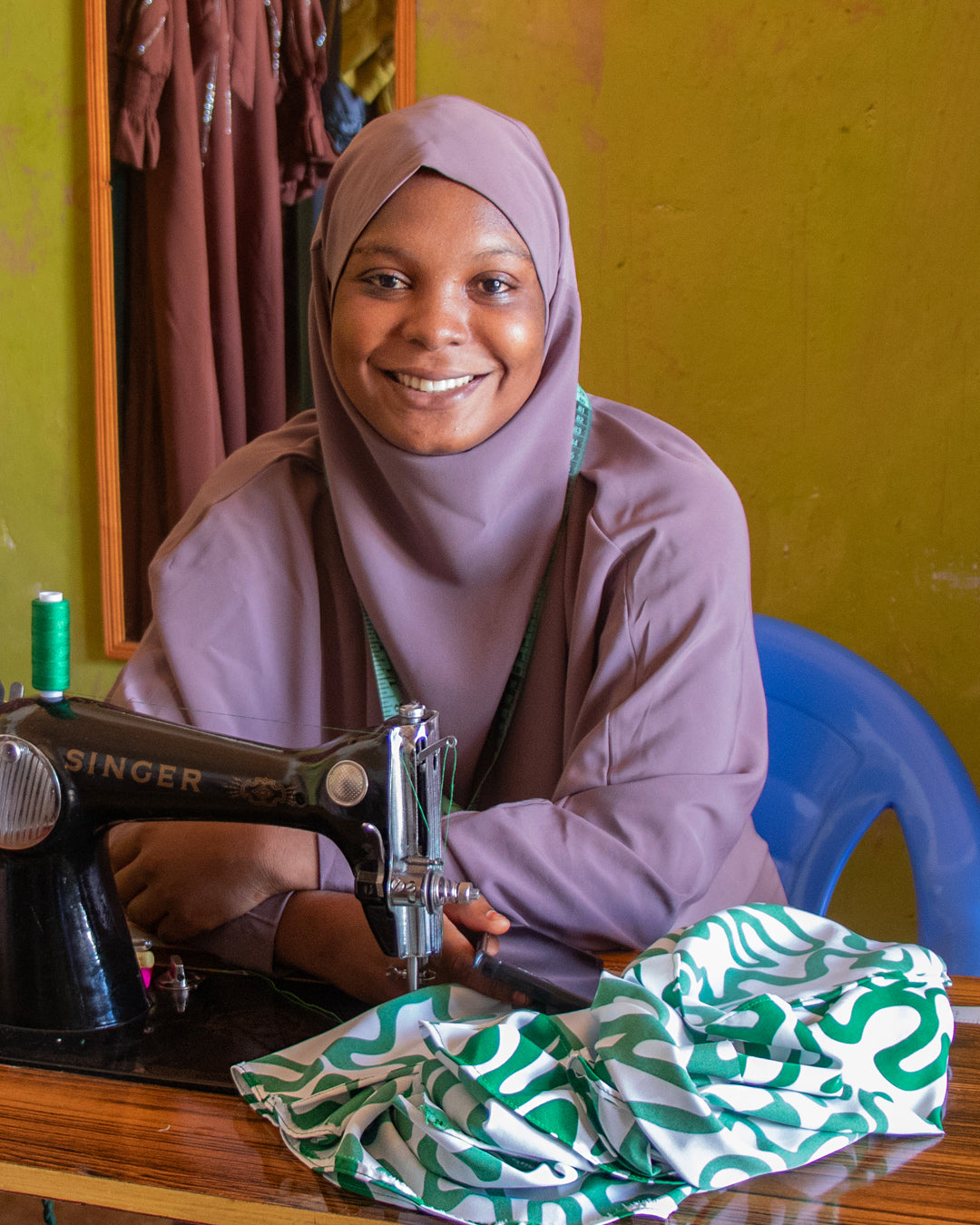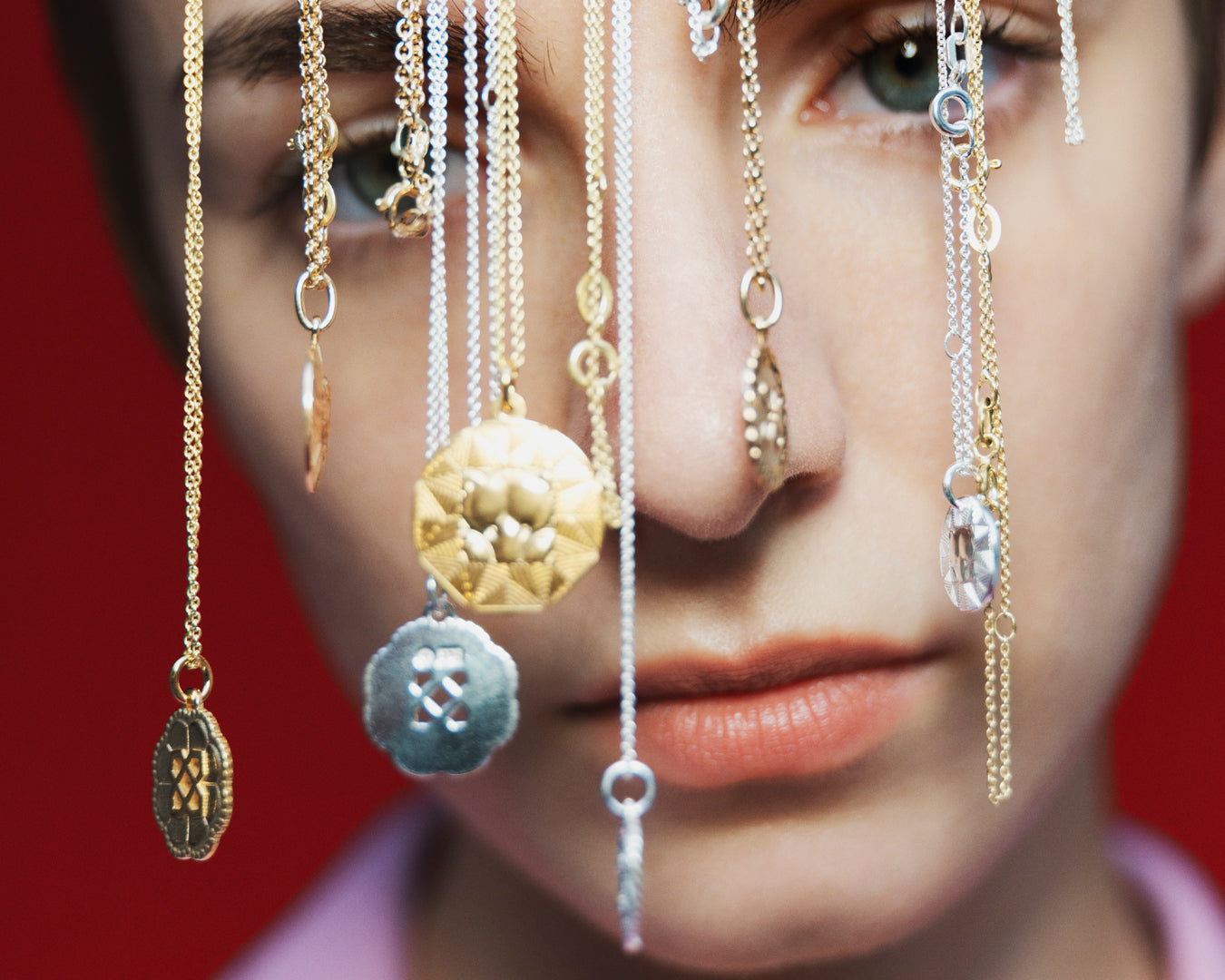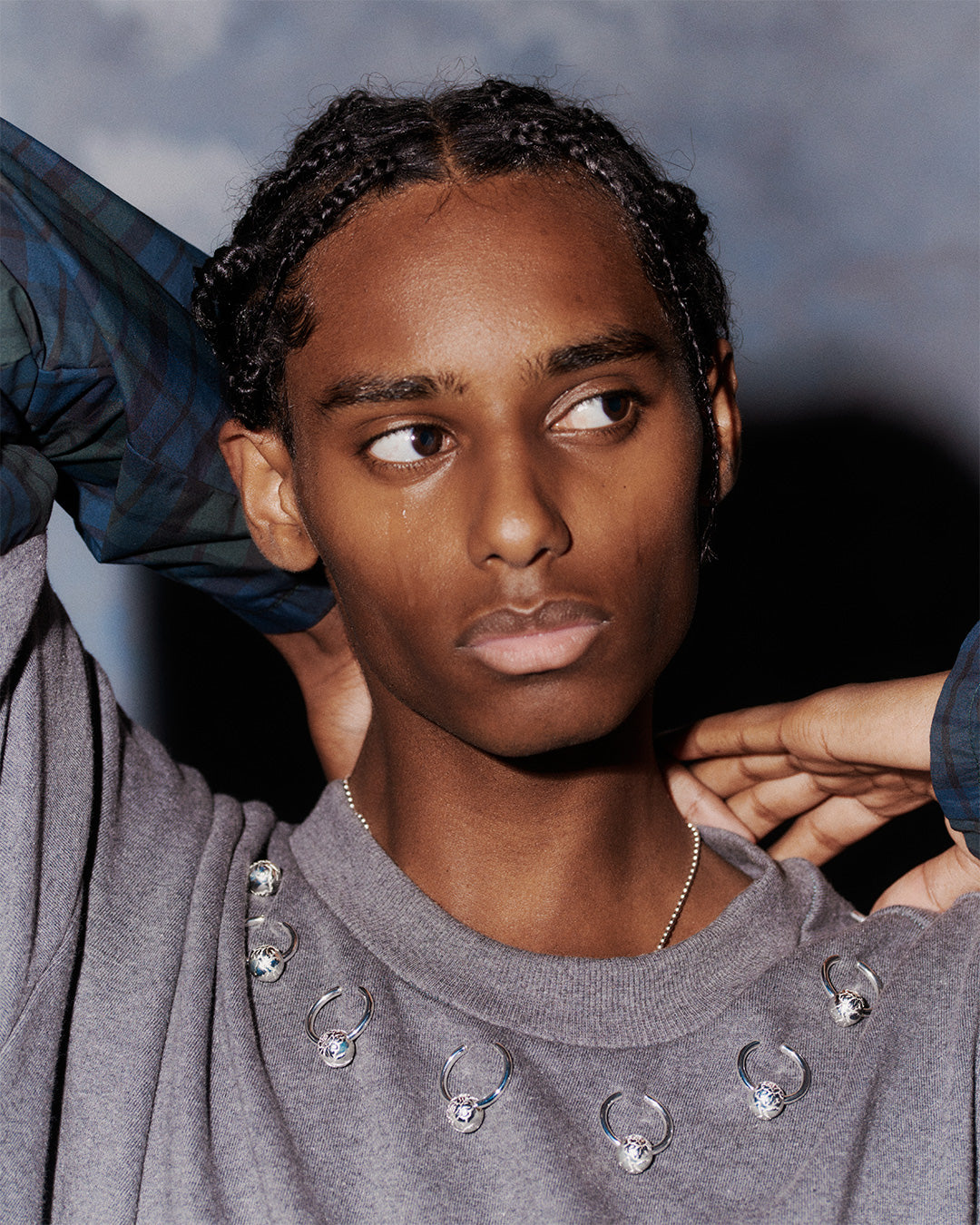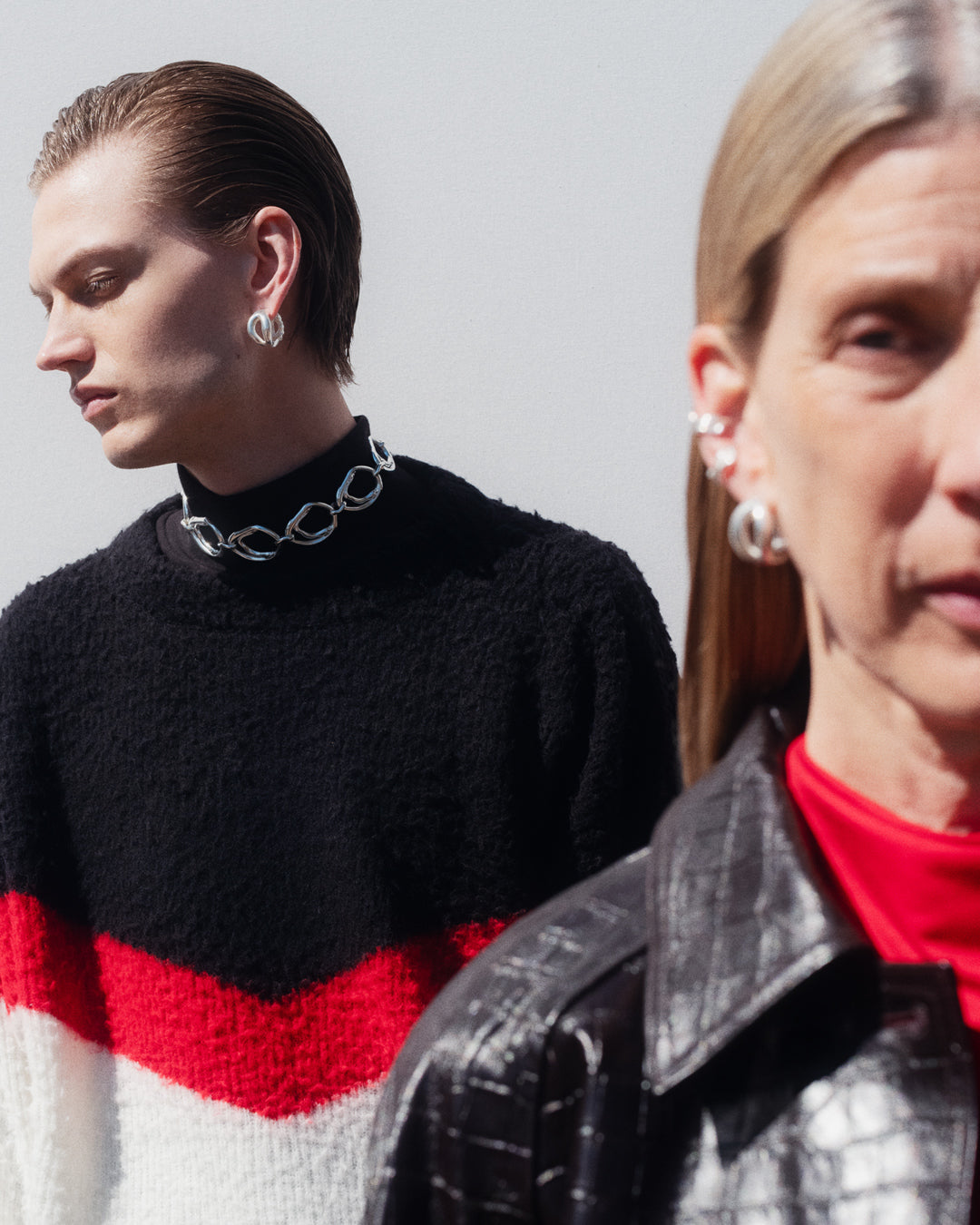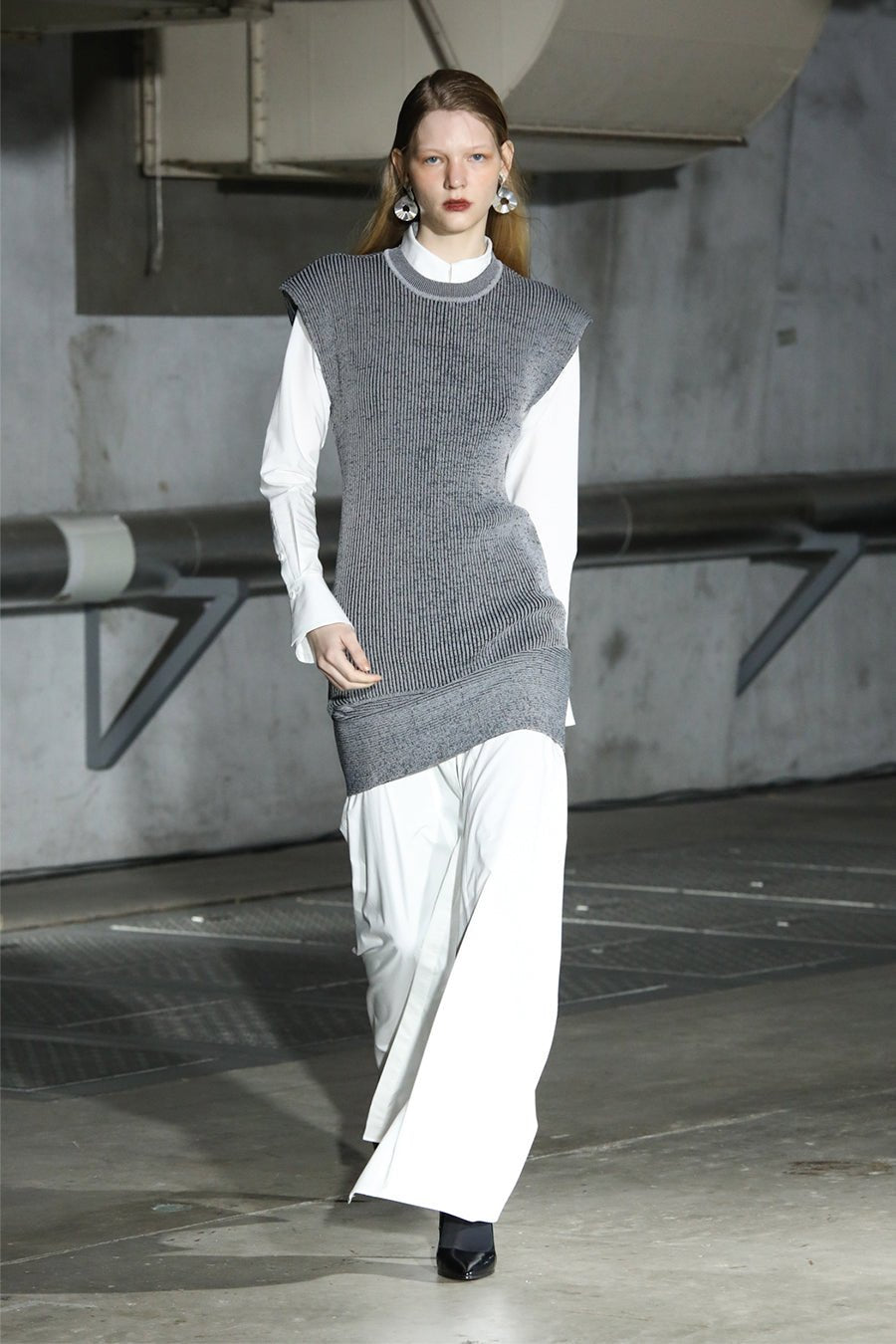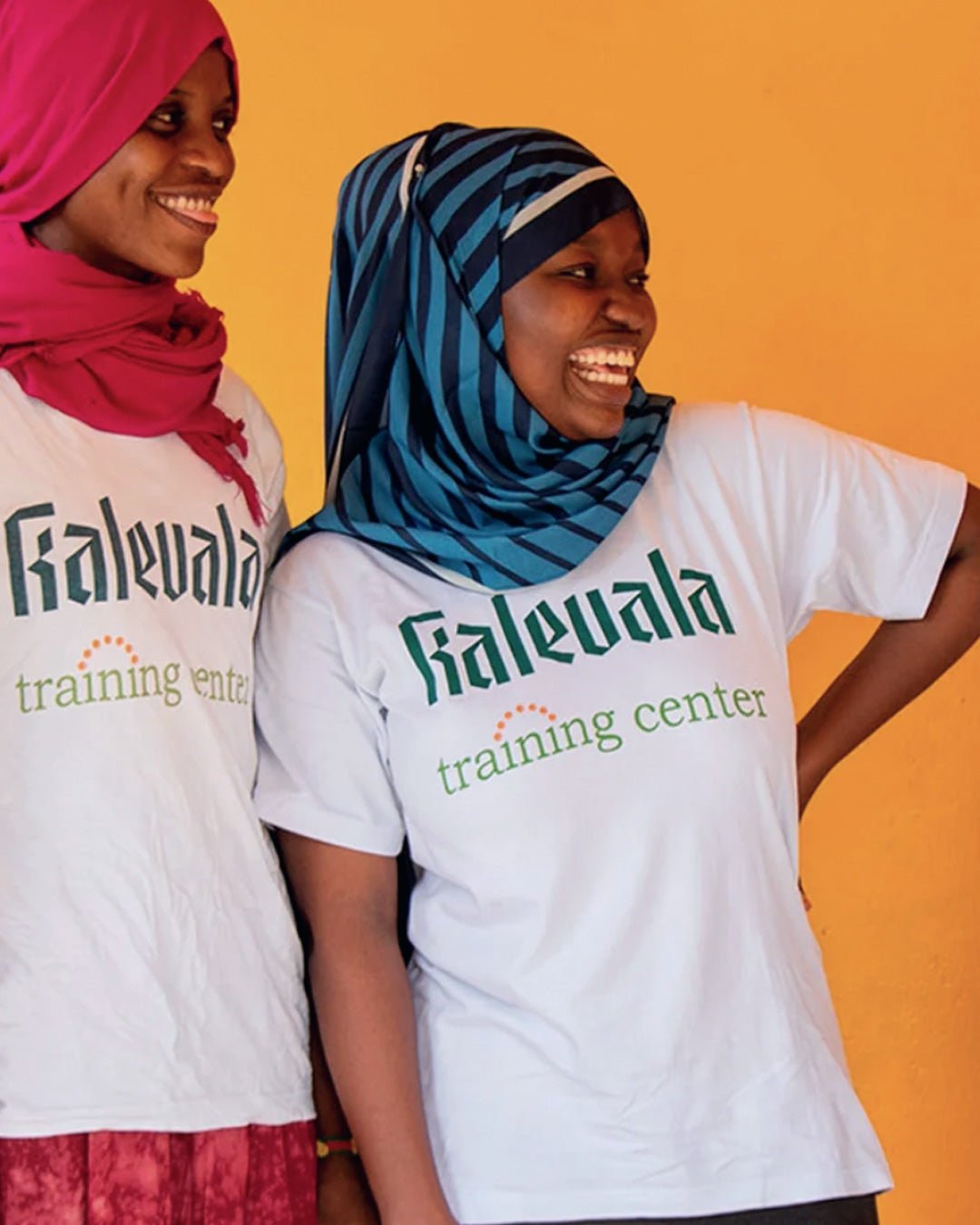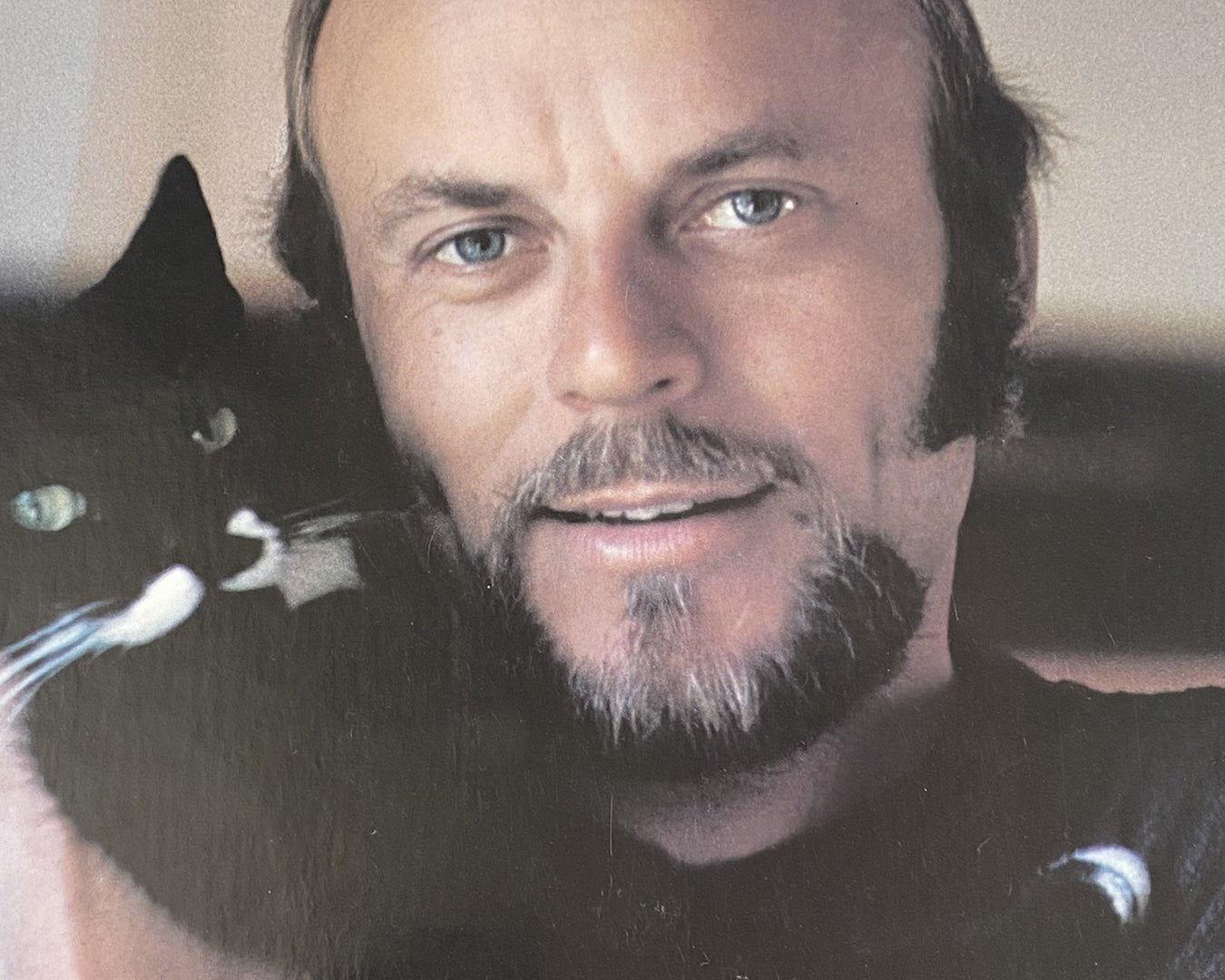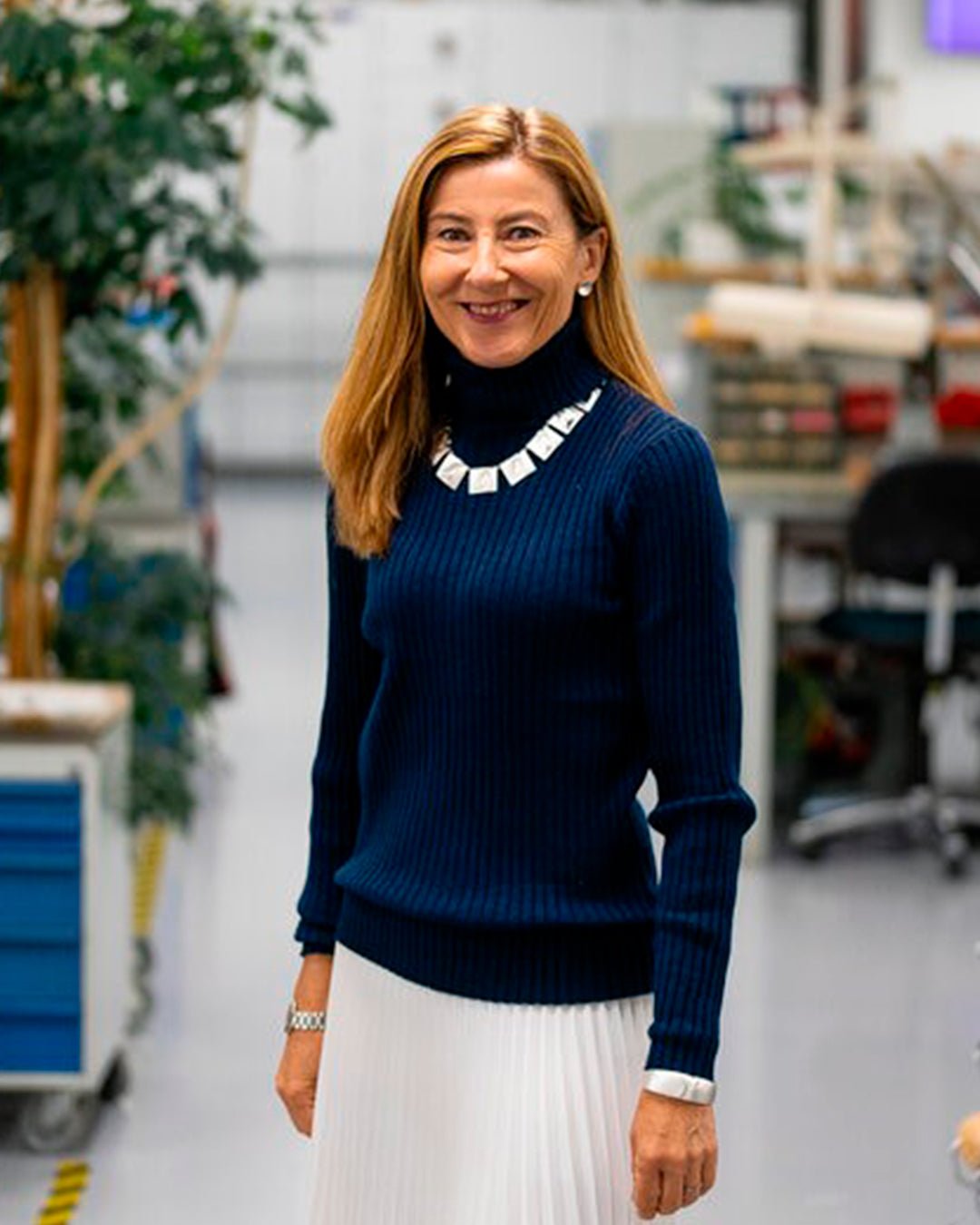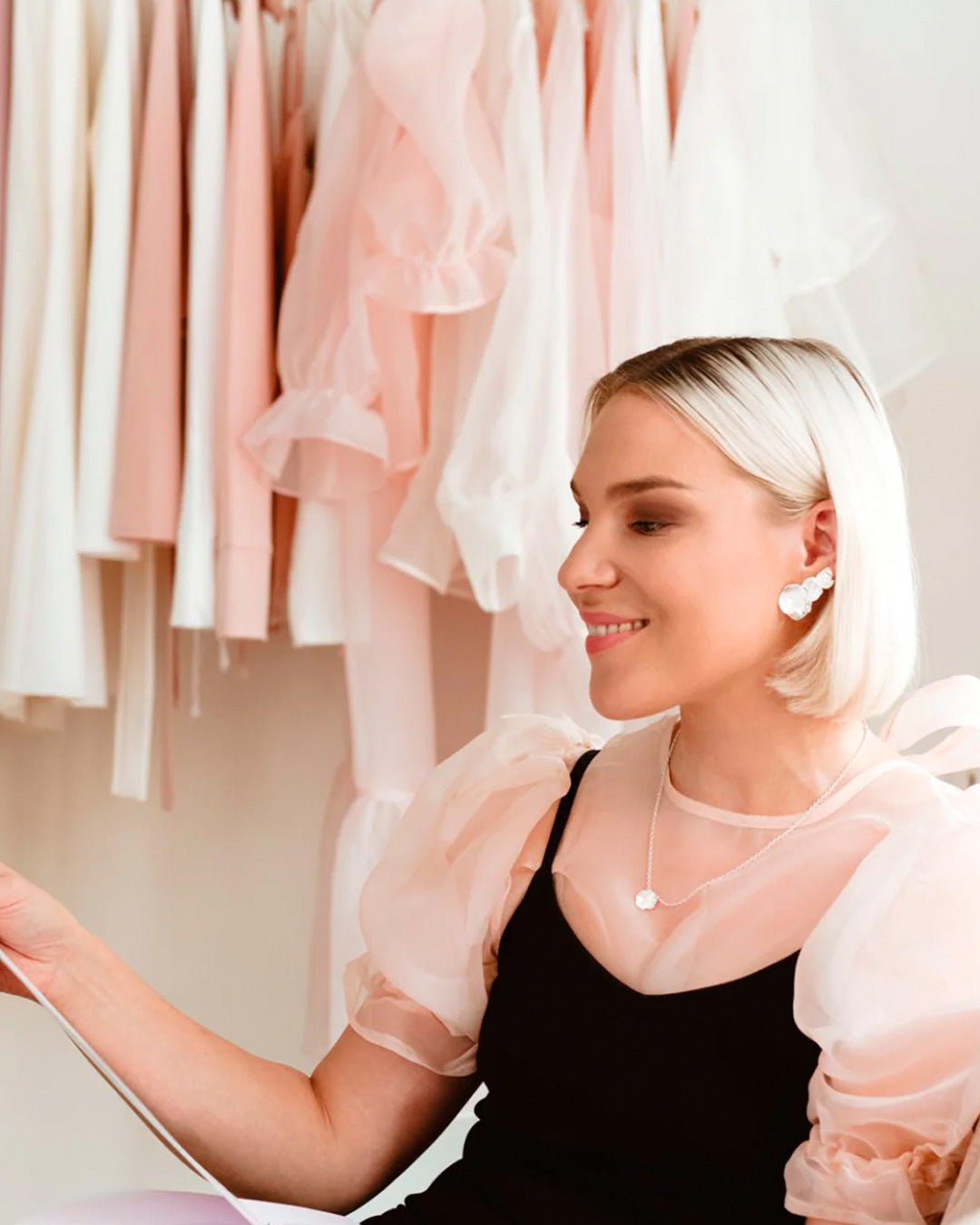Journal
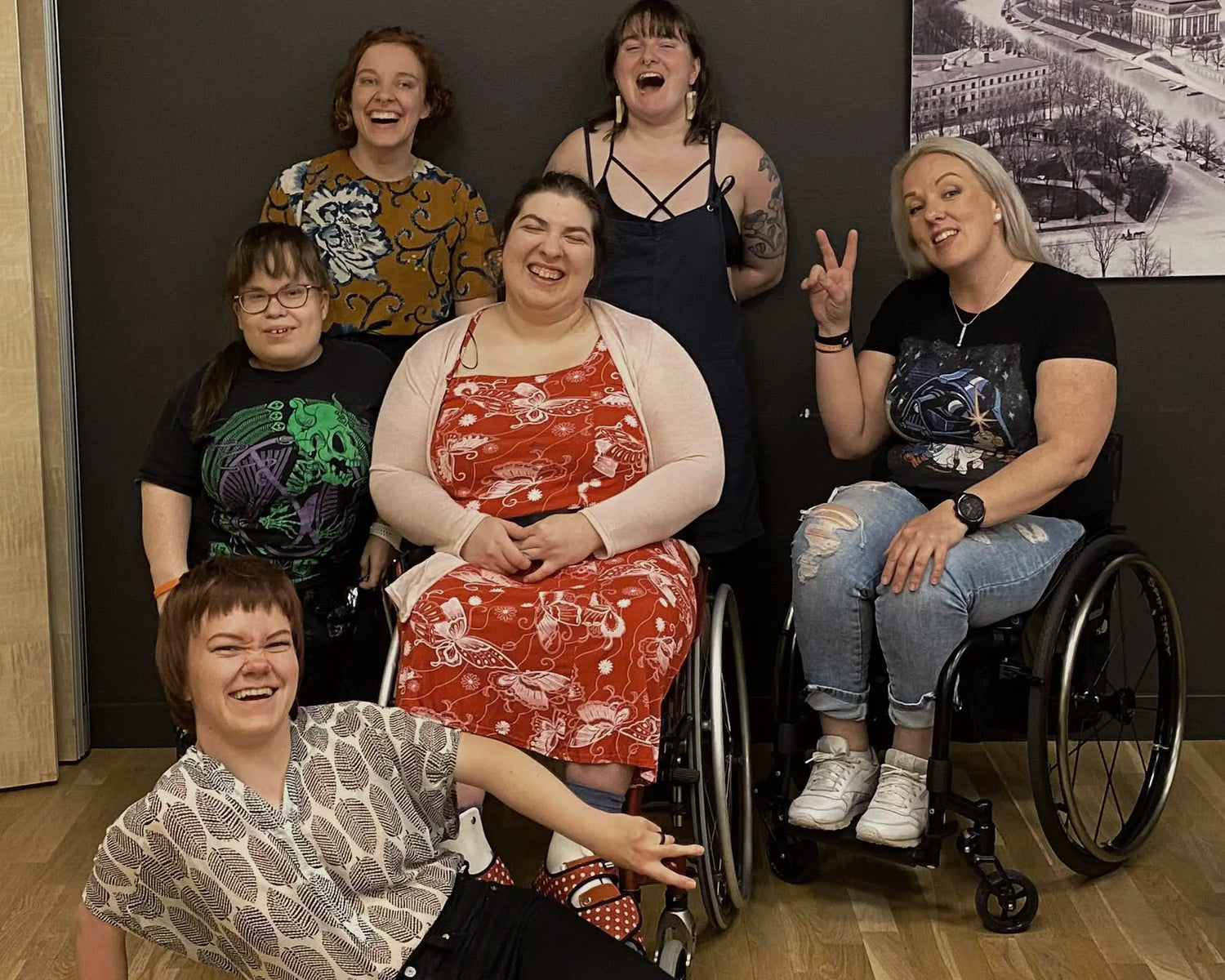
Three important speeches on minority rights
"A disabled person does not have to be happy and grateful"
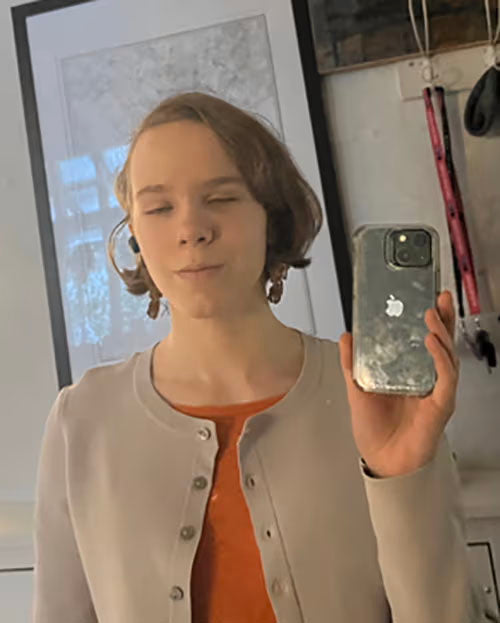
Ronja Hampf, 16, high school student
"I have written sports-related interviews for Vammaiset työt media and participated in the site's Zoom hangouts. They are really nice and relaxed peer-to-peer meetings. There, others understand when we talk about, say, discrimination against the disabled or the myth of the happy and grateful disabled person.
For me, the myth of a happy and grateful disabled person can be seen in the fact that I have always been a really hard worker. I'm easily belittled when I'm assumed to be a girl and blind. I've heard a lot about can you do it, can you for sure, can you survive. I've wanted to prove that I can survive. I also didn't want to show difficult emotions, because it's easier for people to accept a happy person. I discovered this when I was 14 years old and I've set out to break it down with my friends.
Now completing school has become easier, because I also have a goal-oriented swimming career. I've always been good at school and I don't necessarily need to read a lot to absorb things. There has been a more relaxed approach to performance.
Ronja Hampf hopes that a person would always be seen as a person and not through a minority filter. "Whether you're disabled, gay, transgender, or whatever, in the end you're just human."
There are discriminatory structures associated with my schooling. My school rides are arranged through Helsinki Matkapalvelu, and they are always late. This week I was at school four days, three of which I was late. The disadvantage is that my parents have to be my assistant's employers. If the assistant gets sick, we will not get a replacement for him.
School materials are also hard to reach for me. My assistant and some of my teachers convert the materials to Word, and I can get books from the Celia library, but they take a long time to prepare. I can't do tests on the Abitti test platform either, because it blocks my screen reader.
I would like to be swimming at the 2028 Paralympics in Los Angeles. I would also like to study law and make an impact. I would like to influence the treatment of disabled people, equality in general and raising awareness. For example, almost no one knows anything about para sports, which is also related to the visibility of disabled people in the media.
If para sports were seen more in the media, maybe it wouldn't be such a big surprise if there was also a disabled person in a decision-making position."
"A wheelchair does not mean that you are disabled"
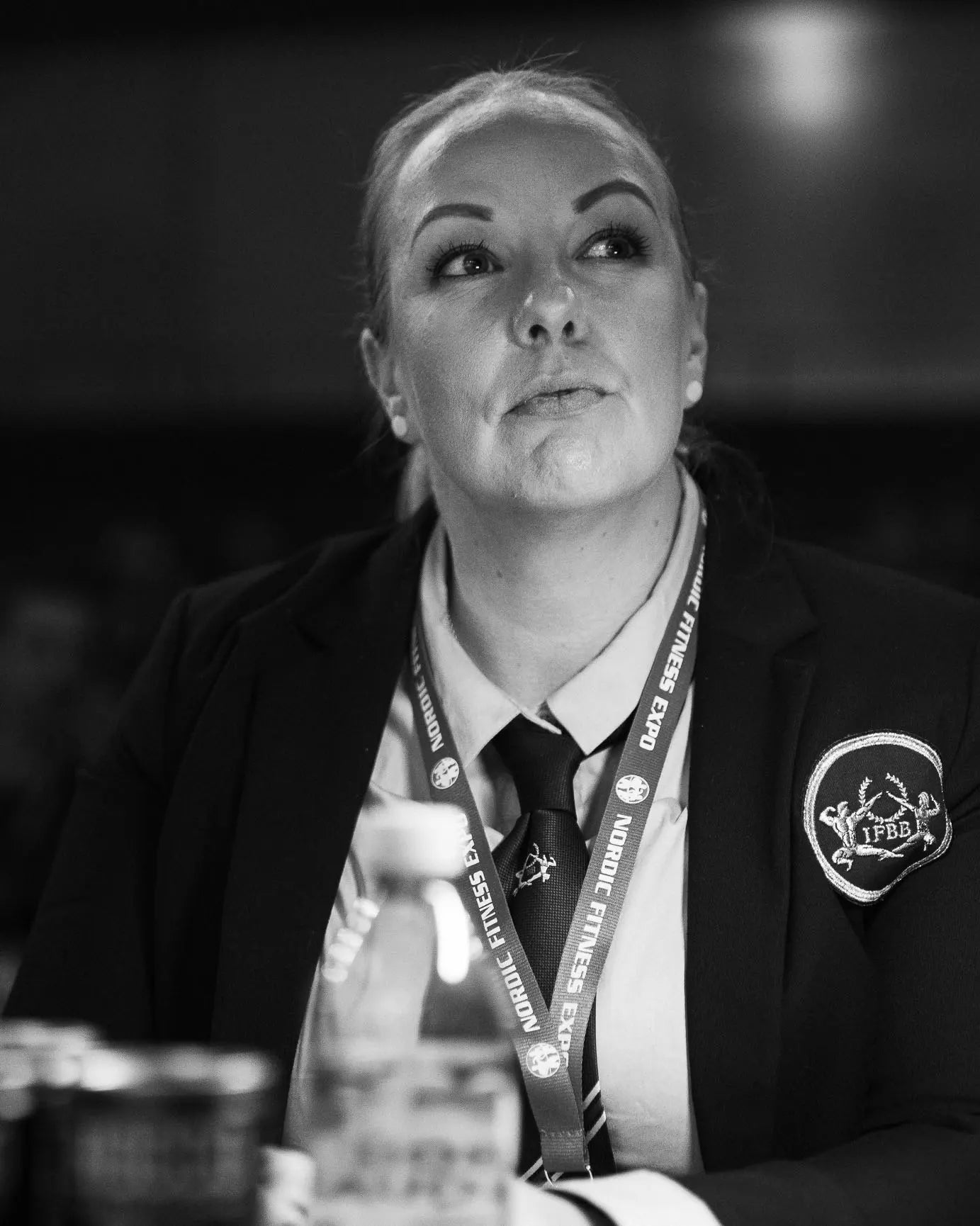
Anni Täckman, 41, project manager of Rusetti ry, which runs Vammaiset tytös media, chairman of the Confederation of Invalids
"On the Vammasettytöt.fi platform, girls and young women with disabilities get to make the kind of media they themselves want to see. We have also organized remote camps and have monthly meetings with young people on Zoom, where young people can meet in a safe space. Sometimes there are themes in the meetings, for example once we discussed inspirational porn.
Inspirational porn is something that our people hate more than anything. It is that people approach us through pity. If I use a wheelchair to go to a store or to a concert, someone will say that it's wonderful that you came here too. So where should I be?
A few years ago, there was a person who was missing limbs speaking at Slush, and the people there said it was wonderful and really inspiring that he was speaking. Did anyone listen to what he was talking about? It is not his job to give speeches just so that non-disabled people can feel a sense of superiority.
Anni Täckman hopes that more attention would be paid to the accessibility of hobbies. "We have a lot of young activists who would like to participate in various events, but they are not accessible."
Because of my spinal cord injury, I mainly use a manual wheelchair, and I have a lot of experience with prejudice and discrimination. I have to constantly fight with people understanding that I am an expert and not just an expert of experience. If a person has a wheelchair, it does not mean that they are disabled. I am a professional, an influencer and a decision-maker, and I have quite a few positions of trust.
We are talking about the garden gnome syndrome: disabled women are easily seen as a colorless, tasteless, genderless mass, not even as sexual persons. It's about society's attitude and prejudices towards disabled people.
Violence against women with disabilities and its various forms is also its own chapter. The perpetrator can be a relative, an assistant, a teacher or even a health or social services professional. We are in a particularly vulnerable position because we need help and services in everyday life.
"Poor employment of disabled people is due to attitude problems"
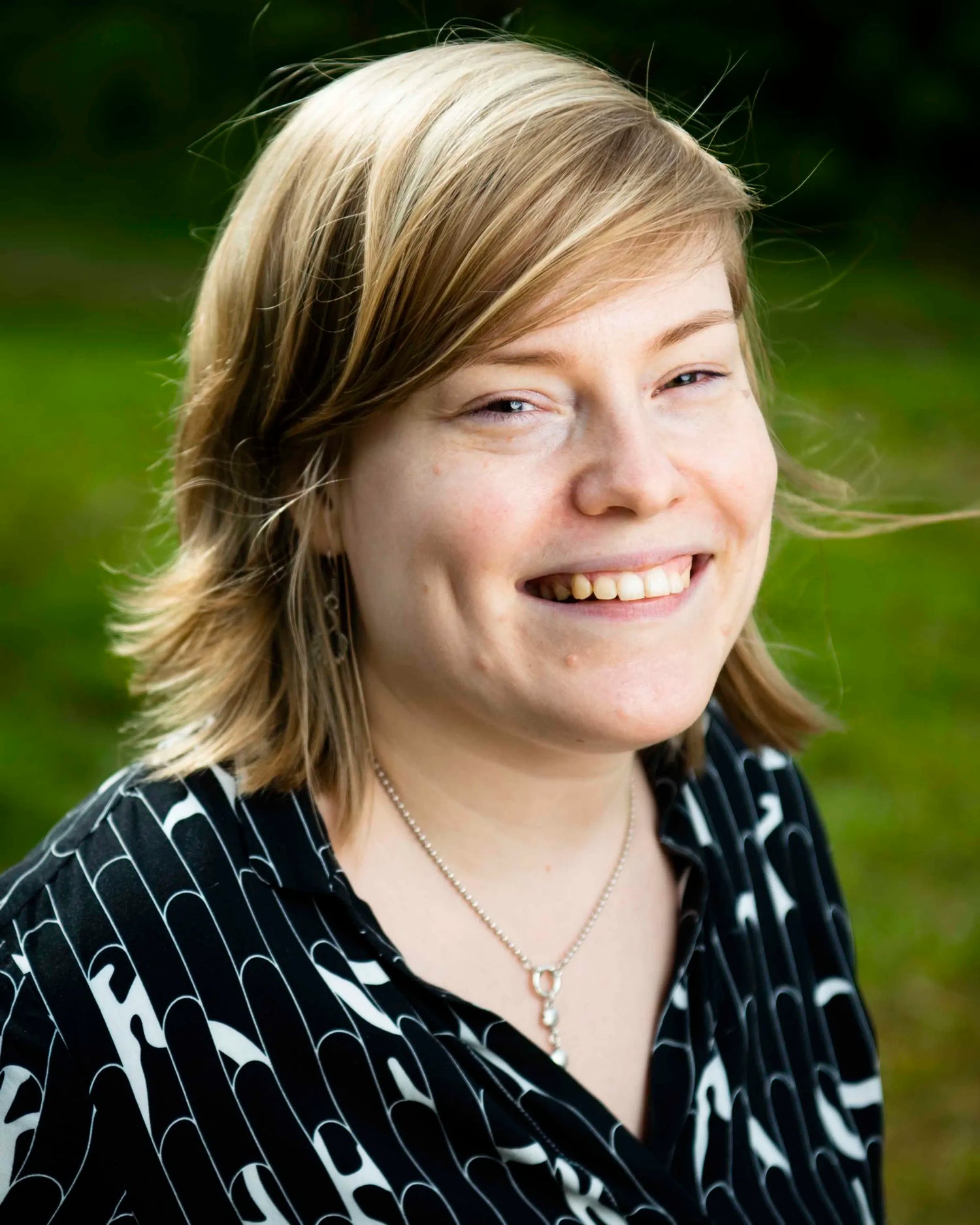
Sanni Purhonen, poet, creative writing teacher, journalist and spokesperson for Kynnys ry, a human rights organization for the disabled
"I have a CP injury during childbirth. I use a wheelchair or a walker, and the disability also affects the fine motor skills of my hands. But it has more of an effect that society has negative attitudes towards the disabled.
According to a rough estimate, only about 20 percent of people with disabilities of working age are in working life. I am a work-oriented person, so the subject is my favorite child. People with disabilities get little employment, even if they are highly educated. It's an attitudinal problem: people have wrong ideas about what disabled people are capable of.
This is more broadly related to what is the place of a disabled person: can one be a mother, have a family, travel abroad - these attitudes can be seen in such cases. People are not necessarily aware of their own prejudices. If I ask somewhere why there is no barrier-free route, the answer may be that no one with disabilities ever goes here.
"If there are no role models, things will not change. Disabled people must be visible in society and participate in decision-making."
Every now and then I encounter thoughtless comments from strangers. We will feel sorry for you or ask about personal medical issues. Once the lady behind me in the store said, yes you are brave, today I will no longer complain about my own life. He certainly meant well, but it's like promotion and promotion.
Recently, in my work, hate speech directed at the disabled and other minorities and the tension in the social debate have come to the fore. It was also written in Helsingin Sano that the burden of permanent rights is heavy for society, transport for the disabled and assistance cost a lot. Hate speech has become commonplace, when it is okay to speculate, even in the mainstream media, what the value of a disabled person is.
Don't all people become expensive for society? Basic things should be secured for every person in order to participate in building society.
I would like to see more disabled people in social washrooms. Kalle Könkkölä is still the first and last disabled MP we have had. If you don't see examples, things won't change. People with disabilities must be visible in society and participate in decision-making."
Article author: Gut Studio

